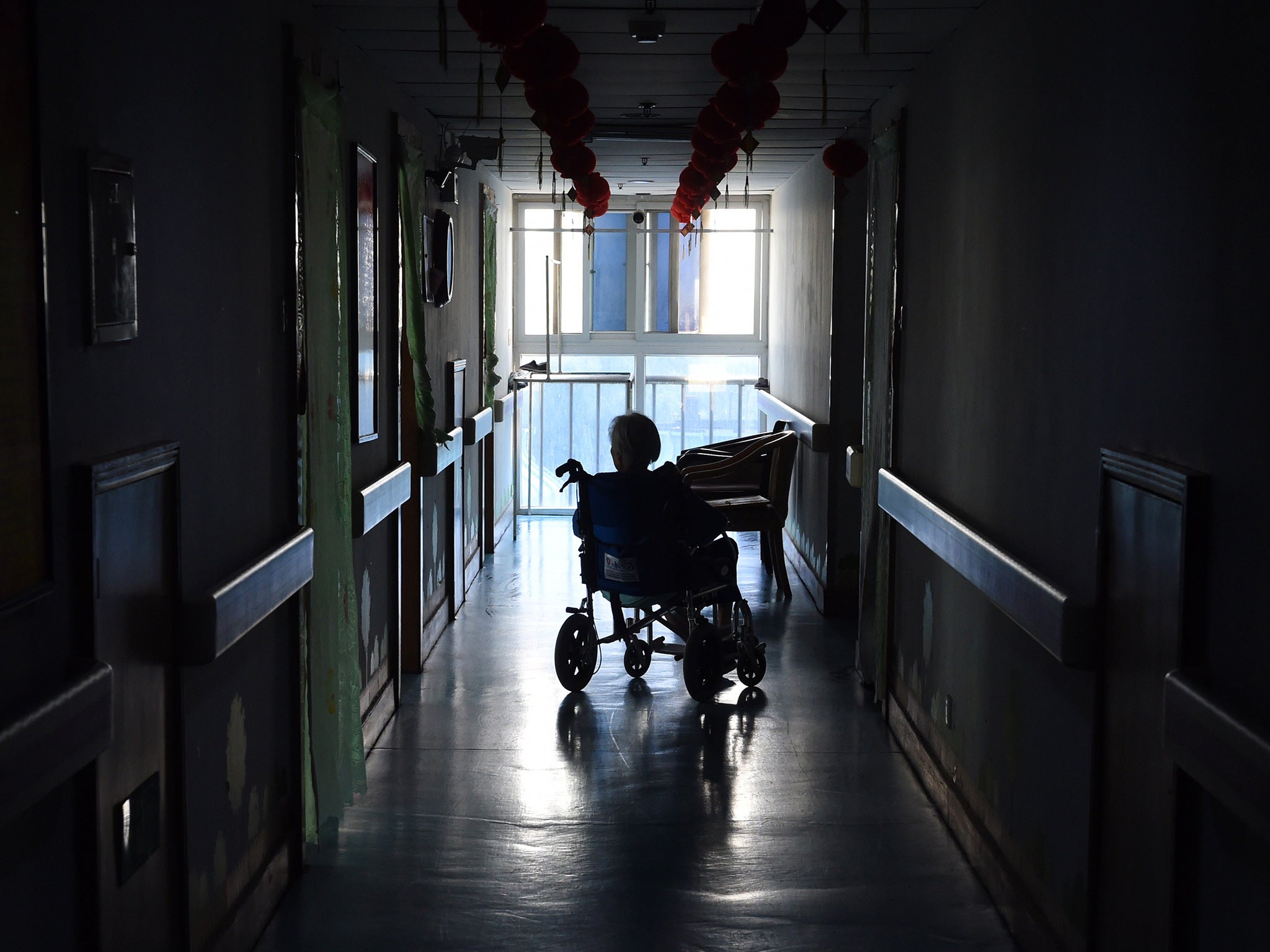MPs' report calls for 'kinder, cheaper' state-funded end-of-life care
Treatment for patients who wish to die at home should be free, and would actually save money

The state should pay for the dying to be cared for in their own home if that is what they and their family want, MPs have said.
The Health Select Committee said social care for dying patients should be free, ensuring no one dies in hospital for want of a care package at home, in a report published today.
Families seeking free care for a dying relative at home currently have to go through a complex process of means testing and assessment, and although around two-thirds of people say they would prefer to die at home, more than half of deaths still occur in NHS hospitals.
Norman Lamb, the coalition Care and Support minister, backed the committee’s recommendation, saying he wanted the next government to act as soon as possible.
The MPs’ report also recommended that NHS trusts should have a senior member of staff responsible for monitoring the quality of end-of-life care, adding that hospitals and care organisations should provide round-the-clock access to specialist palliative care.
Providing care free of charge in patient’s homes could actually save the country money, because caring for someone in hospital is usually more costly, the report says.
The committee chair, Dr Sarah Wollaston MP, a former GP, said that while she expected savings the plan was not about money.
“The care that people receive at the end of their lives has a profound impact not only upon them but also upon their families and carers,” she said. “These are situations I encountered in my work as a GP, of families exhausted by looking after someone, especially if they are not used to being carers, or if it is a single, elderly person looking after their partner. Sometimes it is the person dying who wishes to be referred to hospital because they feel like a burden to their families.”
Free social care would be initiated by a clinical decision made by doctors and carers, and agreed with the dying person and their families.
Mr Lamb said that Department of Health officials were already working with experts to cost the policy.
“We’re not quite there yet, but I would like us to set the objective to bring this in as soon as we can in the next Parliament,” he said. “It is a plausible goal and I have made clear my own desire to achieve it.
“This is all about achieving a dignified end of life. The great irony is, at the moment we do offer free end-of-life care to people, but only at hospital, which is not where most people would want to be. We will also save a lot of money if we enable people to die at home rather than in hospital.”
End-of-life care has come under close scrutiny since the controversy surrounding the Liverpool Care Pathway (LCP). While many palliative care experts said the LCP provided useful guidance to healthcare workers caring for dying patients, criticism by patients and in the media led to a review which found the LCP was regularly misused and misunderstood. It was scrapped in 2013.
Last year, the Department of Health set five key priorities for end-of-life care, with importance placed on the wishes of the dying person and the people close to them, and clear and sensitive communication from health professionals.
In their report, MPs said such care was “unlikely to improve unless clinicians feel confident to identify people who may be near the end of life and to start conversations with their patients about their wishes. Too often, however, staff feel they lack the confidence, skills and training needed to raise end-of-life issues with patients,” the report said.
Around 500,000 people die in England every year; four in five are over 65, a third are over 85.
The committee said that too few of those dying received specialist care, which should be “more equitably available” to people with a condition other than cancer, the very old, and those with dementia.
Simon Chapman, at the National Council for Palliative Care, said: “The NHS was set up to care for people from cradle to grave, but as the Health Committee’s very thoughtful and thorough report finds, despite some excellent care which we should rightly be proud of, the system is still too often failing people as they reach the end of their lives.
“At the very time when we are at our most vulnerable and need to be able to count on high-quality care and support, it’s heartbreaking and unacceptable that so many people’s needs are still not being met.
“We only have one chance to get care right for people who are dying, which is why taking forward the recommendations in this report and changing the nation’s approach to end-of-life care must be a priority for whoever is in government after May’s election.”
Subscribe to Independent Premium to bookmark this article
Want to bookmark your favourite articles and stories to read or reference later? Start your Independent Premium subscription today.

Join our commenting forum
Join thought-provoking conversations, follow other Independent readers and see their replies